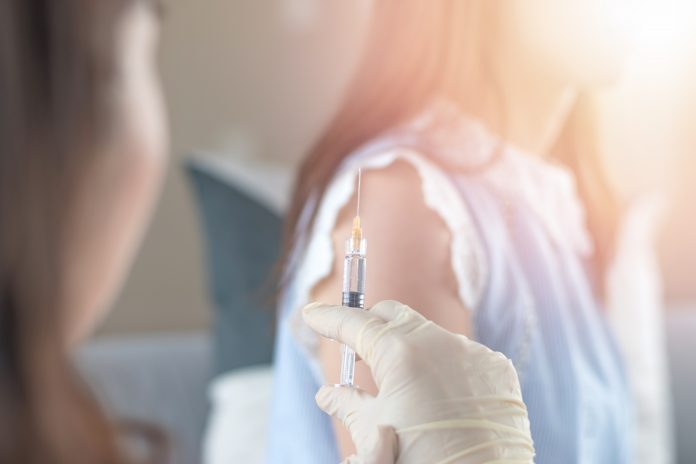In a Perspective article published in The Medical Journal of Australia, Australian researchers say that a full course of vaccinations should be considered first for patients newly diagnosed with Multiple Sclerosis who are not fully immunised, prior to starting immunosuppressive therapy.
The reason behind this is that due to being a disorder where the immune system attacks itself, MS leaves the patient vulnerable to all kinds of infections.
“Determining immunisation status when commencing [immunosuppressive] DMTs [disease-modifying therapies] is key, as is an individualised approach to risk-benefit assessment when considering vaccinations,” wrote the authors, led by Dr Cassie Nesbitt, a neurologist at Alfred Health in Melbourne.
“MS is an autoimmune disorder treated with DMTs. Immunosuppression predisposes [patients with MS] to infection risk, including opportunistic infections – a higher long-term risk of some infection-related malignancies is also likely.
“Infections in patients with MS may result in increased relapses, functional decline and pregnancy complications,” continues Dr Nesbitt.
Dr Nesbitt and colleagues recommend that “a full course of vaccinations should be considered for non-immune patients before commencing a DMT” and add that “this is sometimes forgotten in the urgency of managing a new MS diagnosis”.
They add that “immunisations administered in accordance with local guidelines are considered the best strategy for minimising the risk of infections that could trigger MS relapses”.
However, they caution that “in patients experiencing clinically significant relapses, delaying vaccine administration has been suggested until patients have stabilised and show signs of improvement (typically four to six weeks)”.
“Additional consideration is required for women with MS who are planning a pregnancy,” they write.
“Women should receive live vaccinations before conception to prevent adverse pregnancy outcomes. However, DMT cessation to allow vaccination before conception is often feasible. Vaccination should therefore be explored as early as possible, preferably before commencement of DMT, as it may represent a one-off opportunity.”
While considering vaccinations is important, the authors conclude that this should be a consideration made before the commencement of DMT, as “live vaccinations are contraindicated in patients once they have commenced a DMT”.
“Although we consider it safe to combine non-live vaccinations with DMTs, data are limited regarding their efficacy and durability,” they write.
For more information and to read the article, visit: onlinelibrary.wiley.com/doi/10.5694/mja2.51012









